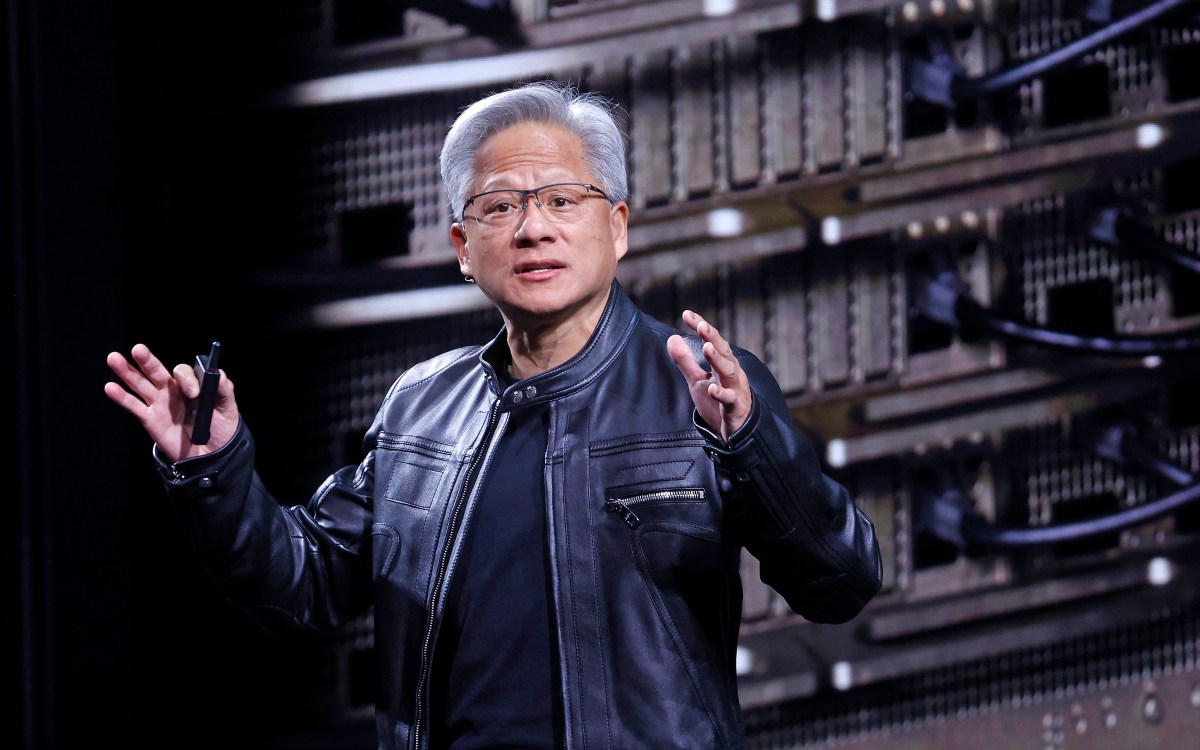China Bars Domestic Firms from Purchasing Nvidia AI Chips

Key Points
- China's Cyberspace Administration bans domestic firms from buying Nvidia AI chips.
- ByteDance and Alibaba ordered to stop testing and ordering Nvidia's RTX Pro 6000D server.
- Nvidia CEO Jensen Huang expresses disappointment but pledges patience.
- U.S. licensing restrictions in April limited Nvidia's AI chip sales to China.
- Nvidia forecasts $8 billion revenue loss for Q2 due to China sales ban.
- U.S. reverses licensing stance in July, allowing semiconductor sales with a 15% revenue share.
- Nvidia has not yet shipped any AI chips to China under the new U.S. licenses.
China’s Cyberspace Administration has prohibited domestic technology companies, including ByteDance and Alibaba, from buying Nvidia AI chips such as the RTX Pro 6000D server. The move follows earlier encouragement for firms to use locally‑made alternatives. Nvidia’s CEO Jensen Huang expressed disappointment but affirmed the company will respect the market’s wishes. The ban adds to a broader backdrop of U.S. licensing requirements that have limited Nvidia’s sales in China, with the firm forecasting significant revenue loss and noting that recent U.S. license approvals have yet to translate into actual shipments.
Regulatory Ban in China
The Cyberspace Administration of China announced a prohibition on domestic tech firms purchasing Nvidia AI chips. Companies named in the directive include ByteDance and Alibaba, which were ordered to halt testing and ordering of Nvidia’s RTX Pro 6000D server—an AI‑focused product tailored for the Chinese market. This action follows earlier guidance from Beijing in late August that discouraged firms from acquiring Nvidia chips and promoted alternatives from Chinese manufacturers. The ban is expected to impact China’s broader tech ecosystem, given Nvidia’s status as the global market leader in advanced AI hardware.
Jensen Huang, Nvidia’s chief executive, responded that the company can only serve markets that welcome it, expressing disappointment with the decision while emphasizing patience and continued support for Chinese customers should the environment change.
U.S. Licensing Context and Nvidia’s Response
Parallel to China’s restrictions, the United States under the Trump administration imposed licensing requirements on semiconductor firms, including Nvidia, that limited the sale of AI chips to China beginning in April. Nvidia projected an $8 billion revenue loss in the second quarter due to its inability to sell the H20 AI chip in China, and in June indicated it would exclude China from future profit forecasts. In July, the U.S. administration reversed course, granting a green light for semiconductor sales to China.
Subsequently, in August the White House announced that licensed sales would be permitted, but with a condition that 15% of revenue from those chip sales would be remitted to the U.S. government. Despite these approvals, Nvidia reported that it had not yet completed any shipments to Chinese customers under the new licensing framework, citing slow implementation of the policy.
The combined effect of Chinese prohibitions and fluctuating U.S. export controls creates a complex environment for Nvidia, limiting its market access and shaping its financial outlook while prompting the company to look toward domestic alternatives and other international markets.